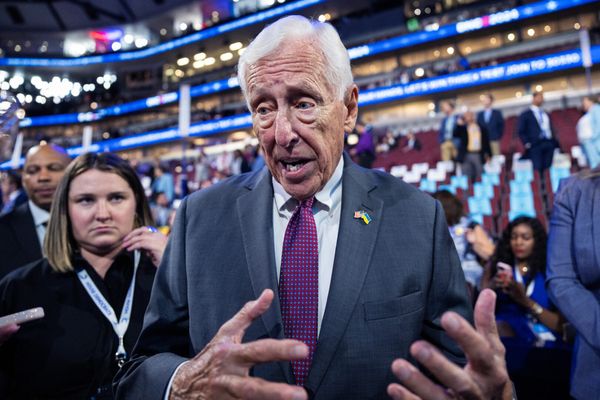
President Joe Biden is set to kick off the leader-level portion of the United States-hosted Summit of the Americas in Los Angeles, California, as Washington seeks to reassert leadership in the region through a raft of initiatives aimed at boosting economies, addressing migration, and tackling public health crises.
The event, which has waned in relevance in recent years, has already been overshadowed by the US decision to exclude Nicaragua, Venezuela and Cuba from the guest list. US officials have stood by that decision, citing rights abuses and a lack of democracy in the shut-out countries, but several leaders, including Mexican President Andres Manuel Lopez Obrador, have said the move undermines the spirit of the gathering and have opted to send lower-level delegates in protest.
Still, US officials have maintained their objectives will be unharmed by the boycott.
Early Wednesday, the White House announced its latest regional measure – the creation of a new Americas Health Corps – pegged to the event. The plan will seek improve the skills of 500,000 health workers across the region, building on the lessons from COVID-19, although its $100m price tag will partially rely on yet-to-be raised funds.
A day earlier, the White House announced $1.9bn in additional private funding that will aim to create tens of thousands of jobs in El Salvador, Guatemala and Honduras, all poor and violence-ridden Central American countries from which hundreds of thousands of people flee every year in search of safety and better opportunities.
Biden is set to greet leaders and representatives from the western hemisphere on Wednesday before unveiling an “Americas Partnership” aimed at speeding pandemic recovery and building on existing trade deals, according to US officials.
That comes as Washington contends with China’s growing clout in Latin America. China remains the second-largest trade partner, behind the US, to the region. However, a Reuters analysis released on Wednesday, citing United Nations trade data from 2015 to 2021, found that, when excluding Mexico, China has overtaken the US as the top trade partner in Latin America.
Biden is also set to preview a migration declaration to be announced on Friday, which will include specific commitments from leaders to help address the high rates of people leaving their home countries, according to US officials.
The US saw skyrocketing rates of people attempting to cross its southern border during Biden’s first term, and the issue is considered a vulnerability in upcoming midterm elections in November, which will decide the makeup of the US legislature for the remainder of Biden’s first term.
As delegates began arriving in the US on Monday, a caravan of thousands of migrants set out from near the Mexican border with Guatemala in hopes of reaching the US-Mexico border.
Beyond Lopez Obrador, other leaders key to addressing migration – including the heads of Guatemala, Honduras, and El Salvador – have said they will not attend the event, further threatening any progress.
Still, with 23 leaders set to attend, the turnout is projected to be better than the 2018 summit hosted by Peru. After former US President Donald Trump skipped the event then, only 17 leaders attended. This year’s summit is the first time the US has hosted the gathering since it was first held in Miami in 1994.
Concerns over the guest list saw Biden and US Vice President Kamala Harris personally appeal to some leaders to attend. Meanwhile, a US envoy travelled the region, reportedly helping to secure the attendance of Brazil’s President Jair Bolsonaro.
Biden is set to meet with the far-right leader, a vocal supporter of Trump, on the sidelines of the event.
In an interview on Tuesday, Bolsonaro praised Trump, while repeating his unfounded claims that the 2020 US presidential election – which Trump lost to Biden – was “suspicious”.
A senior Biden administration official said he expected a “candid conversation” between the two men.
“We obviously also have some disagreements with the president and the government of Brazil,” he said.







